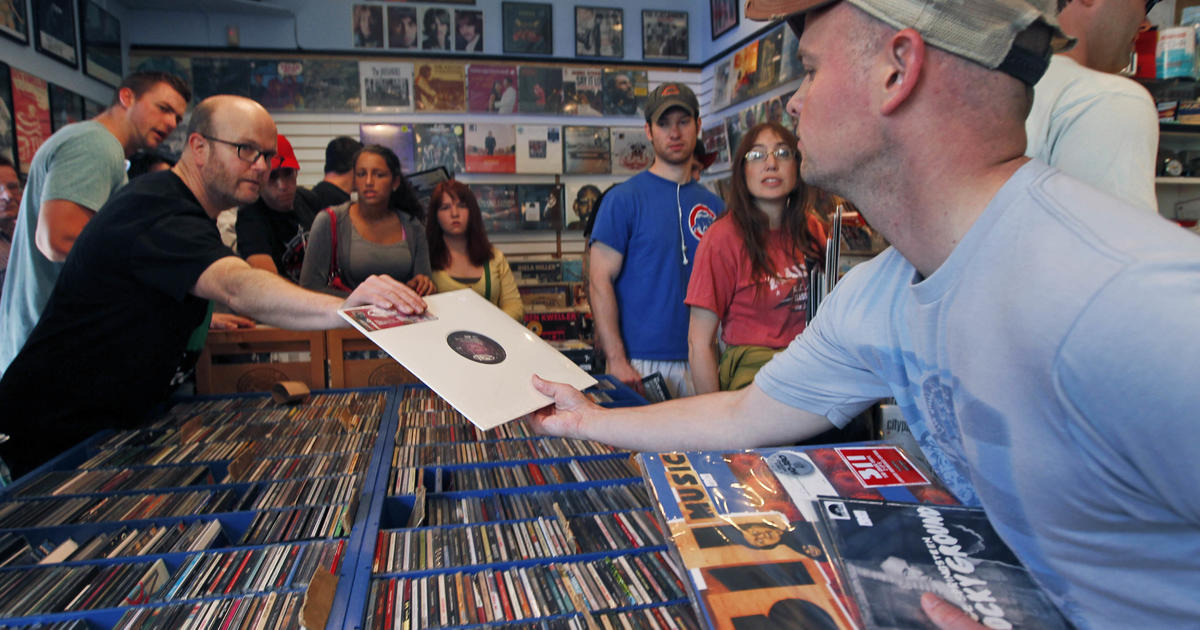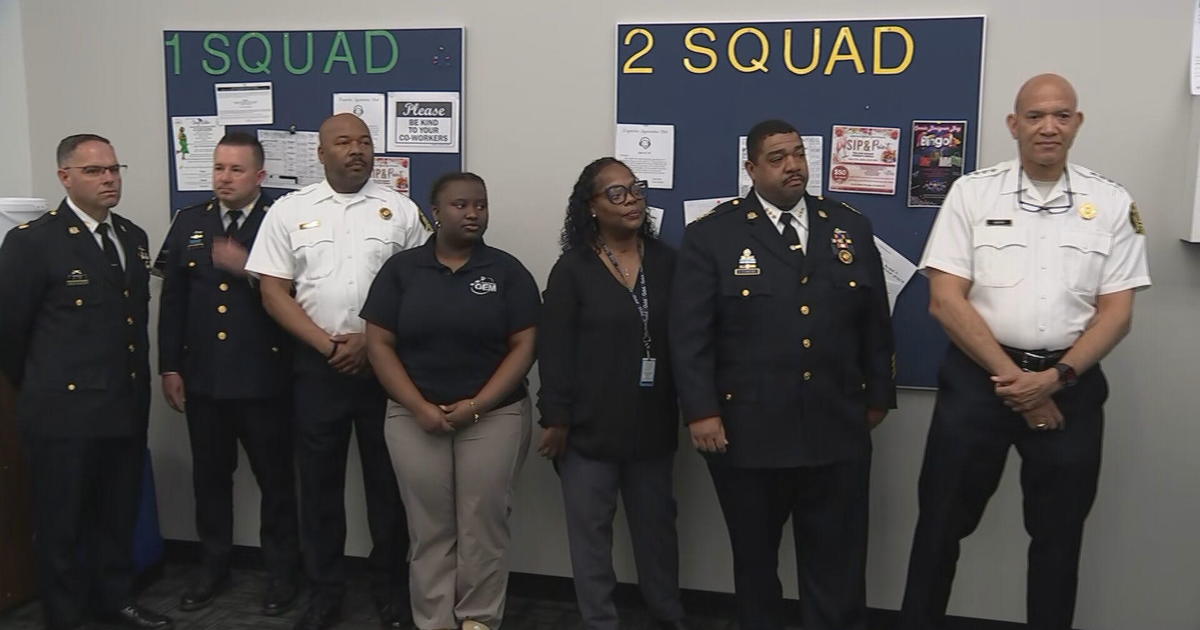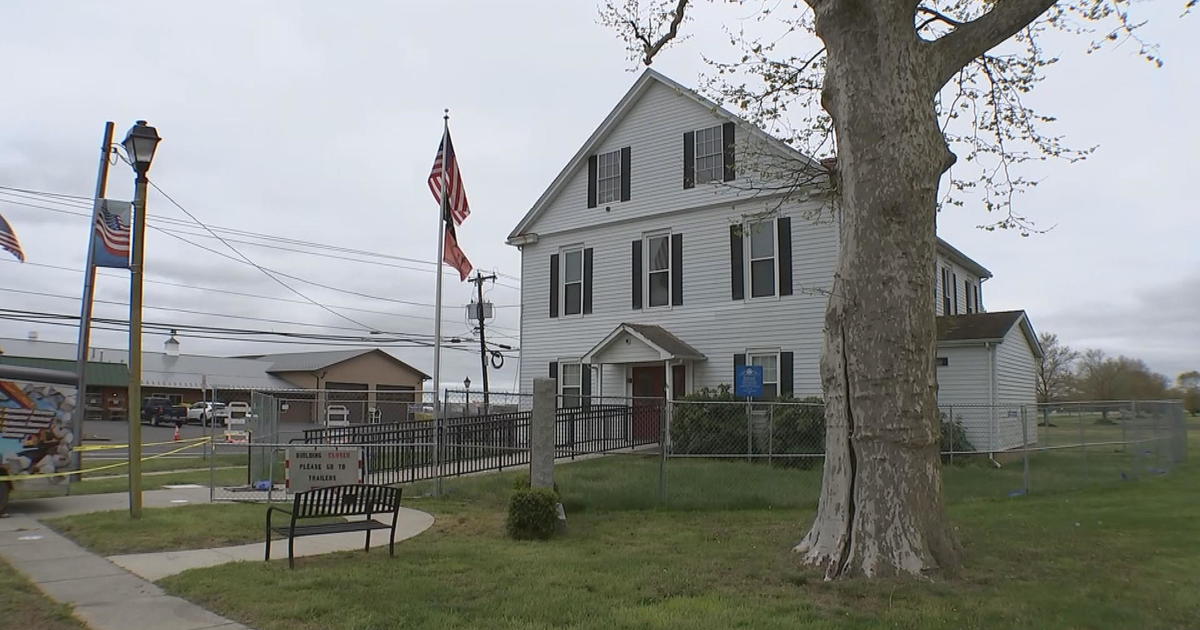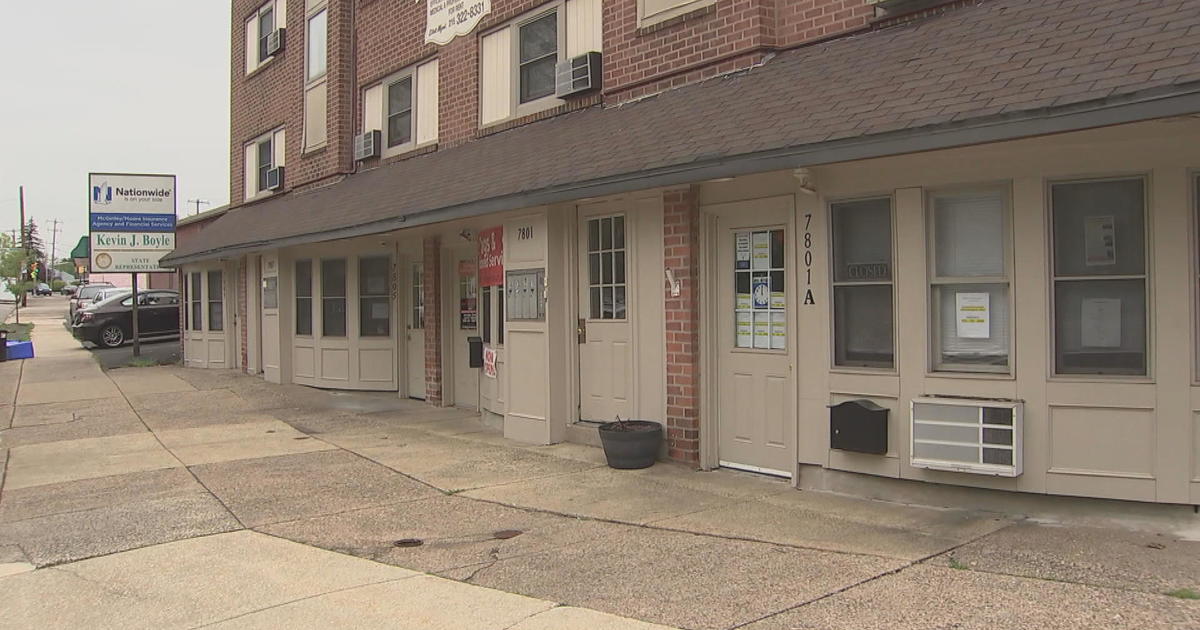Angie's List: Fireplace Safety
PHILADELPHIA (CBS) -- Have you used your fireplace much this season? But winter has just begun so there's still plenty of time to cozy up by the fire. But safety should come first. In this week's Angie's List report, Jim Donovan takes a look at some things you should know to keep your family protected.
Ashley Eldridge has been sweeping chimneys for decades, so poorly maintained fireplaces don't surprise him.
"I've seen dampers installed backwards. I've seen fireplaces that were incapable of functioning properly. Most of the fireplaces are not actually built the way that they should be built. The smoke chamber should be very smooth as it leads the smoke into the flue, and it's a rarity to find that done properly," said Eldridge.
That's just one reason to have your fireplace inspected and swept, regardless if it burns wood or gas.
"No matter what kind of fireplace you have, you should have it cleaned and inspected every year. This includes gas fireplaces. Even though they don't get soot and creosote build-up, they do have other issues that need to be attended to," said Angie's List founder, Angie Hicks.
Ceramic logs, for example, can deteriorate and the debris can clog vents, which could spark a chimney fire. Then there's the issue of keeping moisture out.
"Water entry is the single biggest problem, whether you have a masonry chimney or a factory-built chimney, so we want to be sure that water isn't entering into the chase of a factory-built chimney or into a masonry chimney for that matter," said Eldridge.
Moisture could cause cracks that affect the ventilation system, potentially letting carbon monoxide enter your home.
If you have a gas fireplace make sure the shut off is outside the fireplace in case of an emergency. If it isn't, have a plumber reroute it to a safer spot.
And make sure anyone who cleans or inspects your fireplace is certified by the Chimney Safety Institute of America.
More Fireplace safety tips from Angie:
• Use a screen or glass doors to stop flying embers.
• Never leave a fire unattended.
• Burn only seasoned hardwood that is fully dry. Smoldering fire from unseasoned wood and some pines can increase the buildup of creosote.
• Be cautious if using your vacuum cleaner to remove old ashes from the firebox. Embers can still be smoldering the morning after a fire and your vacuum cleaner bag could catch on fire. It is recommended that you sweep most embers manually into a safe trash container and put it outdoors just in case.
• Protect your carpet with a hearth mat made of fire-resistant materials.



